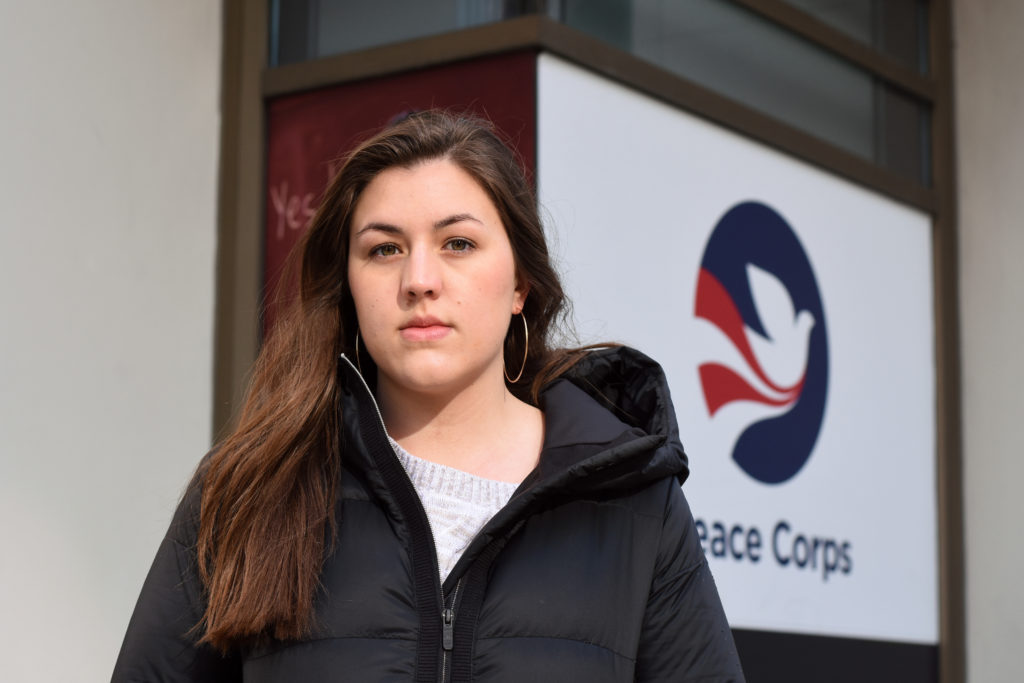Sophomore Lauren Lamar was ready to intern at the Department of Intergovernmental Affairs for the Peace Corps this week – until the government shut down.
She emailed her supervisor last week and asked whether she would still be able to start work during the shutdown, but employees were not in the office to answer emails or phone calls. Without her internship, which also qualifies as a federal work-study position, Lamar cannot receive a paycheck or credits for her sustainability minor.
“I really was depending on it for money, so I don’t know how it’s going to work out,” she said. “I don’t want to give up on it yet – this internship was pretty important to me.”
More than 10 students who planned to work at a government agency are heading into the spring semester with schedules in flux as the partial government shutdown approaches its 27th day – the longest in history. Students said that while they don’t want to give up long-secured positions at agencies like the U.S. Postal Office and Smithsonian, they may add classes to avoid waiting out an uncertain semester.
The shutdown – the third over the past two years – began on Dec. 22 after members of Congress and the president failed to agree on a spending bill that would have allocated $5.7 billion for a wall along the Southern border.
Students were previously affected by shutdowns in 2013 and 2018 when their internships and federal work-study positions were interrupted and student veterans experienced delays in receiving military benefits.
Senior Nicole Mclernon said she has worked part-time as an attorney’s aide at the Federal Communications Commission since April but has not been told when she can return to work.
Mclernon said her office stocked up some emergency funding in the event of a shutdown, so employees could work until Jan. 3. Before the shutdown, the agency would give her a travel subsidy to go to and from her home in Virginia, which helped her cut costs when traveling to campus, but she currently cannot receive financial assistance from the agency.
“We had a little bit of time to prepare for being put on furlough, but I don’t think anyone really knows how long it’s going to last,” Mclernon said. “It was still kind of scary going into it because we don’t know how long we won’t be working for.”
She added that the shutdown is “stressful” at the start of the semester because she needs to buy textbooks for classes.
Freshman Catherine Morris said she was supposed to have a public affairs internship with the Peace Corps in the spring but has not heard from the office since Dec. 21, a day before the shutdown began.
Morris said she completed a background check for the internship on Dec. 27. Background checks typically take a week to process, but she has not yet heard from anyone in the office about its status, she said.
She said her check likely did not make it to the Peace Corps’ security team because of the shutdown, so she is unlikely to hear from the office until the government reopens and it is unclear when she will be able to begin her internship, Morris said.
“I’m just hoping that I can get started and get there and have enough time to do things,” Morris said.





